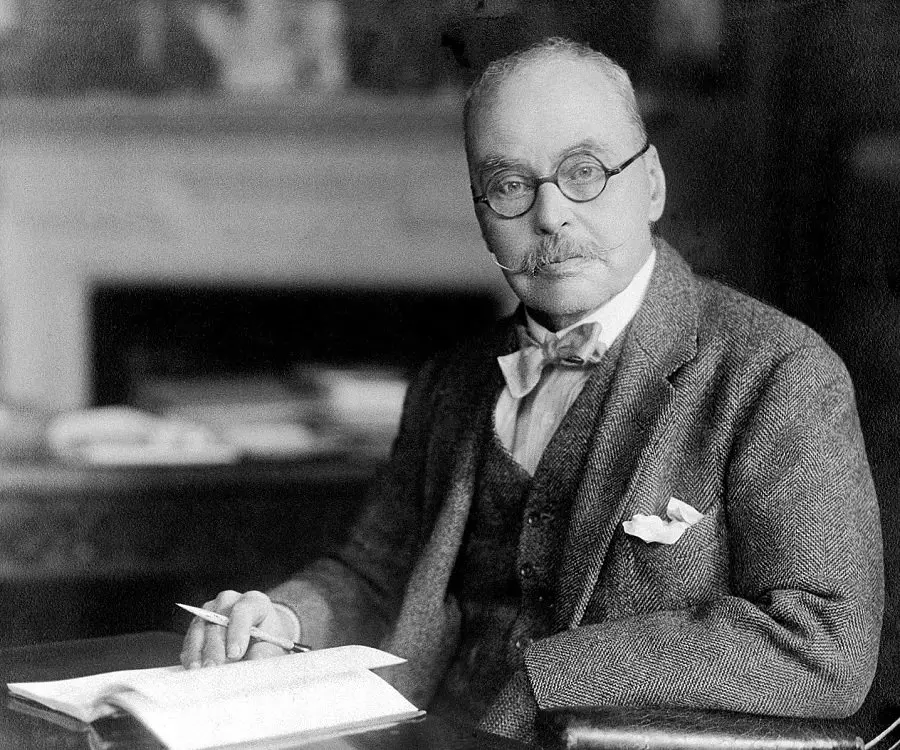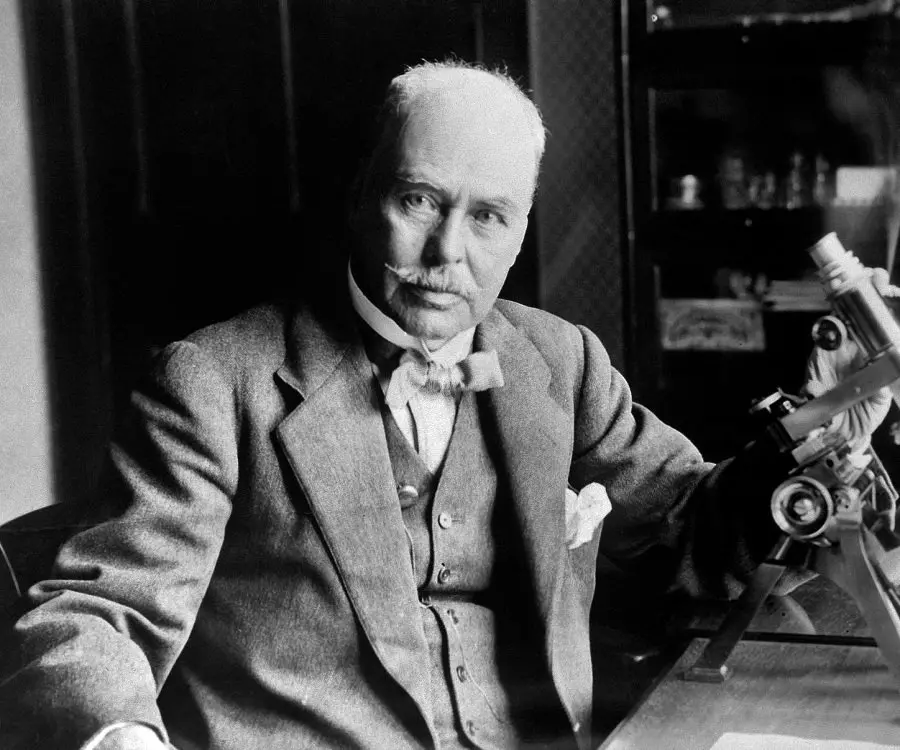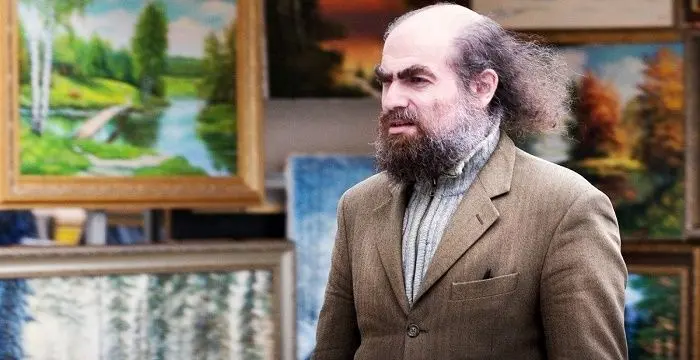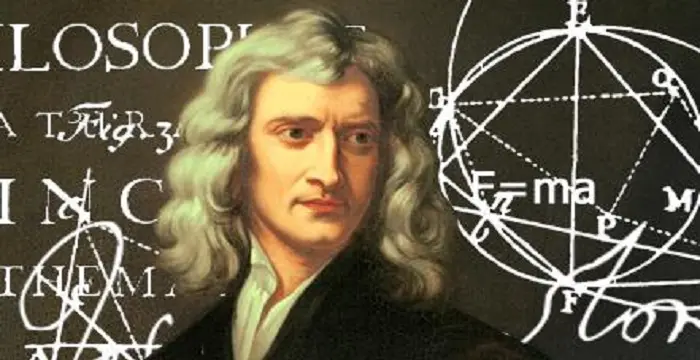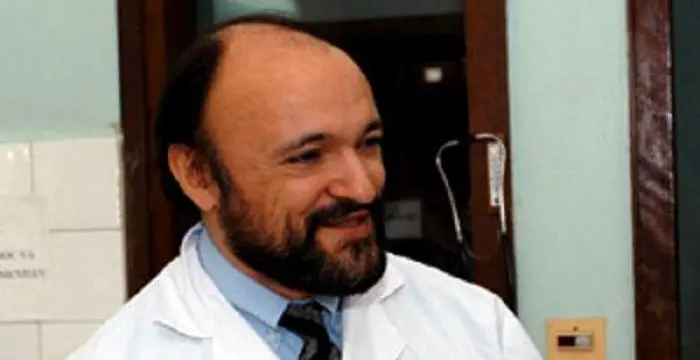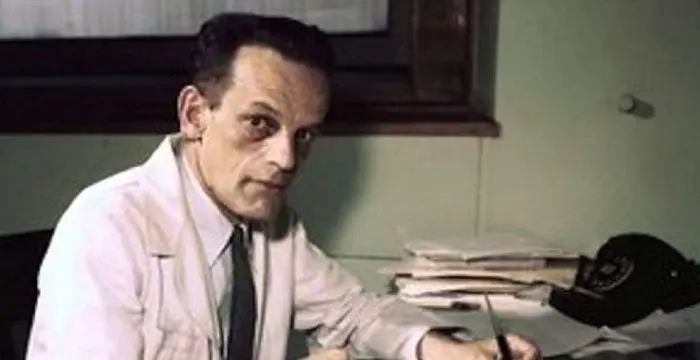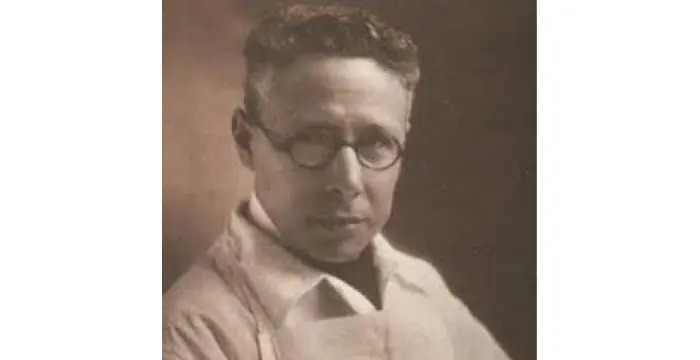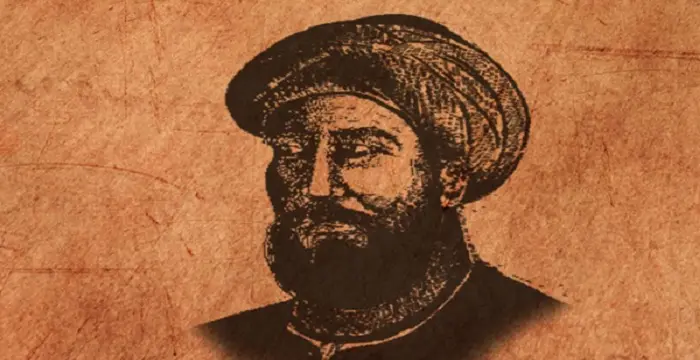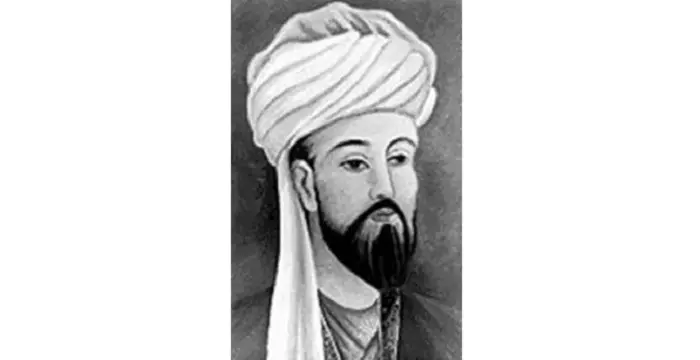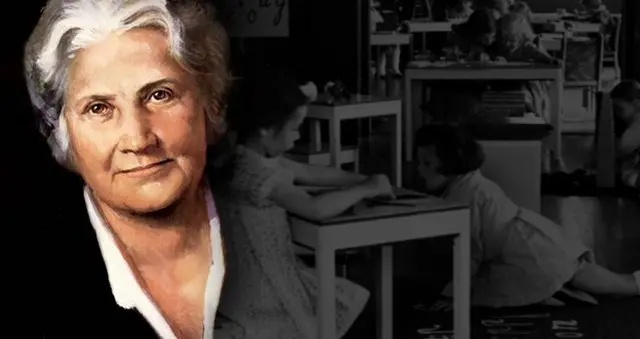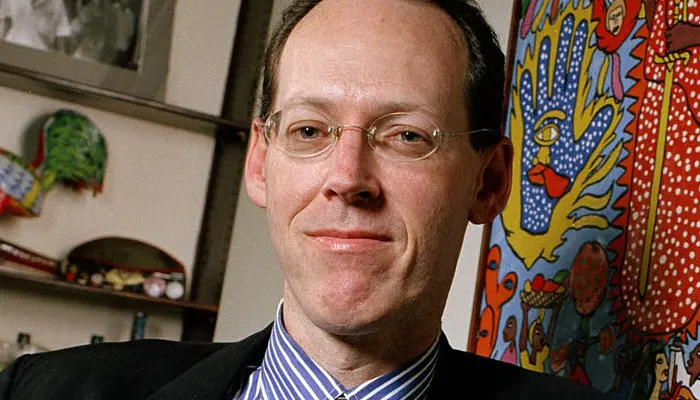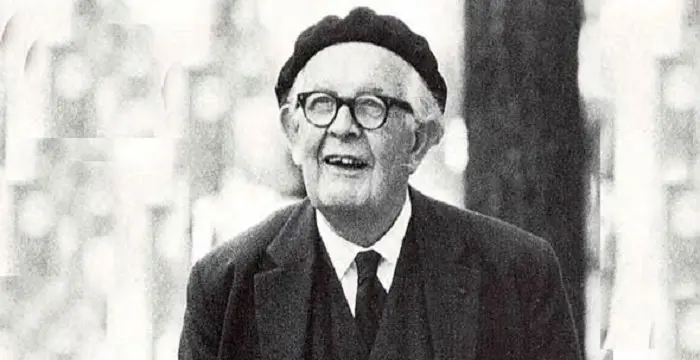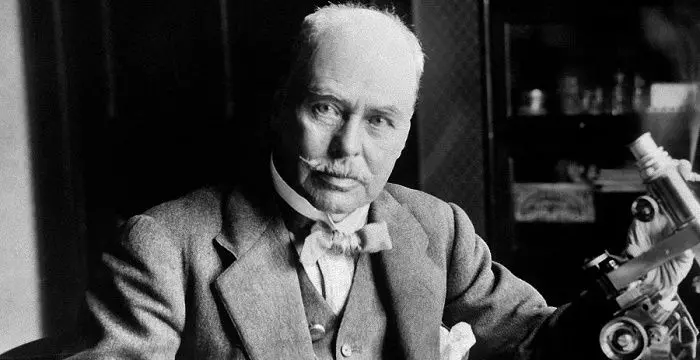
Ronald Ross - Medical Doctor, Birthday and Facts
Ronald Ross's Personal Details
Ronald Ross was a famous British Nobel-laureate, well-known for his extensive research on malaria
| Information | Detail |
|---|---|
| Birthday | May 13, 1857 |
| Died on | September 16, 1932 |
| Nationality | British |
| Famous | Physicians, Epidemiologists, Mathematicians, Medical Doctor |
| Spouses | Rosa Bessie Bloxam |
| Siblings | Charles Ross |
| Known as | Dr. Ronald Ross |
| Childrens | Ronald Ross |
| Birth Place | Almora |
| Gender | Male |
| Father | Campbell Claye Grant Ross |
| Mother | Matilda Charlotte Elderton |
| Sun Sign | Taurus |
| Born in | Almora |
| Famous as | Medical doctor |
| Died at Age | 75 |
Ronald Ross's photo
Who is Ronald Ross?
Sir Ronald Ross was a renowned British physician, born in India, most famous for his scientific research on malaria, the parasite causing the disease, and the mosquito that acts as the carrier. Alumnus of 'St Bartholomew's Hospital Medical College', 'Society of Apothecaries', and 'Royal College of Surgeons’, he was desperate to study the symptoms of malaria, when he first began working. Having met his mentor, Patrick Manson, he was convinced that the best place for this research would be India. He faced initial difficulties in his study, particularly because not every region in the country was affected by malaria. Moreover, human subjects having malaria was not that easy to find, and he had to base his conclusions on observations made from birds. Despite all obstacles, he managed to establish the causes of the disease, paving way for the 'Nobel Prize in Medicine', a few years later. This dedicated doctor has also written numerous reports and books based on the experiments he conducted, and the inferences he derived. His book, 'The Prevention of Malaria', in particular, is considered to be important in the history of medical literature. Today, his contribution to the field of medicine is deemed invaluable, and he has been honoured across the globe in many ways
// Famous Mathematicians
Grigori Perelman
Grigori Perelman is a Russian mathematician who is best known for his contributions to Riemannian geometry and geometric topology. Check out this biography to know about his childhood, family life, achievements and fun facts about him.
Terence Tao
Terence Tao is an Australian- American mathematician who has contributed enormously to the field of mathematics. Check out this biography to know about his childhood, family life and achievements.
Isaac Newton
Isaac Newton was an English scientist and mathematician, who discovered gravitation and Newtonian Mechanics. Read this biography to find more on his life.
Childhood & Early Life
Ronald Ross was born to Sir Campbell Claye Grant and Matilda Charlotte Elderton, on May 13, 1857, in Almora, India.
As a child, he was brought up in Isle of Wight, England, by his uncle and aunt. He pursued his primary education from schools located in Ryde, and later, in 1869, joined a residential school in Springhill.
At school, he enjoyed learning literature, music and mathematics, and was particularly talented in painting. He wished to pursue a career in writing, but on his father's insistence, joined London's 'St Bartholomew's Hospital Medical College' instead, in 1874.
In 1879, the young man was employed as a surgeon on a ship, after clearing the 'Royal College of Surgeons' examinations. During the same time, he also worked towards earning a degree from the 'Society of Apothecaries'.
He studied at the 'Army Medical School' in Washington, for a few months, before joining the 'Indian Medical Service' in 1881.
Career
Ross served at Bangalore, British India, in 1883, as an Acting Garrison Surgeon. It was during his stay there that he found a way to control the breeding of mosquitos.
During 1888-89, he travelled to London in order to study at the ‘Royal College of Physicians’ and ‘Royal College of Surgeons’, as well to pursue a course in bacteriology.
In 1894, when the young doctor went to London, he got a chance to get acquainted with Scottish physician, Sir Patrick Manson, who was of the opinion that India was the perfect spot for studying about malaria and the problems associated with it.
In 1895, he reached Secunderabad, where he immediately went to the 'Bombay Civil Hospital' to conduct experiments on malaria. It was here that he scrutinized the parasite found inside the stomach of a mosquito.
His experiments were cut short when he was suddenly posted at Bangalore, where, instead of conducting research on malaria, he had to treat patients suffering from cholera.
It was during a visit to a place called Sigur Ghat near Ooty, Tamil Nadu, that he observed a mosquito with an unusual stance. Not knowing what kind it could be, Ross named it the "dappled-winged" mosquito.
In 1896, he visited Ooty once again, this time with the aim of conducting research on malaria. He, himself fell sick with the disease, despite taking precautions with a dose of quinine prophylaxis. Ronald was forced to return to Secunderabad without completing his observations.
The next year, Ross finally managed to breed 20 adult mosquitoes, from which he gathered larvae. He fed these mosquitoes with blood from a man who was paid eight annas, and eventually after dissection, he found a foreign cellular structure inside the insect. This foreign body was discovered to be the parasite that causes malaria in human beings.
His discovery was so significant that it was made public by the 'British Medical Journal' in 1897. The "dappled-winged" mosquito later came to be known as the female Anopheles.
Ronald was soon transferred to Bombay and then to Rajasthan, but a dearth of cases proved hindrance in his research work. Subsequently, he continued service in Calcutta on the request made to the British government by his mentor, Patrick Manson.
In 1898, the enthusiastic doctor sought employment at the 'Presidency General Hospital' Calcutta, where he was able to continue his studies on diseases like malaria as well as kala azar. He hired three lab apprentices, Muhammed Bux, Kishori Mohan Bandyopadhyay, and Purboona, of whom, the latter soon abandoned the project.
He began studying malaria-infected birds, though he was not quite satisfied with his decision to do so. However, the symptoms were quite similar to those of human beings, and he established the fact that the parasites hid in the salivary glands of mosquitoes.
The same year, he went to Assam, to observe the problems associated with kala azar, after the disease had plagued the state. He worked at the 'Labac Tea Estate Hospital', assisting Dr Graham Col Ville Ramsay, in his goal to find the cause of kala azar.
The attempt was not a success though, since contradictory to Ross' opinion, sand-flies, and not mosquitoes, were the carriers of the disease.
In 1899, Ronald moved to England, where he took up the job of a professor at the 'Liverpool School of Tropical Medicine'. Even during his stay at England, he continued his research on malaria, not just in India, but also in other countries like Mauritius, Africa, and Greece.
He was promoted to the Chairperson of the 'Liverpool School of Tropical Medicine', in the year 1902.
Ross attempted to relate the study of the causes, symptoms and effects of malaria, to mathematics, which was presented in a paper published in 1908. He also published a book titled 'The Prevention of Malaria’ which described his studies in detail.
In 1912, the brilliant doctor was hired at London's 'King's College Hospital', as Physician for Tropical Diseases. During the same time, he also headed the 'Tropical Sanitation' department at the 'Liverpool School'.
During 1917-26, Ross began serving as a Malariology consultant for the 'British War Office', and 'Ministry of Pensions and National Insurance'
In 1926, he started working at the 'Ross Institute and Hospital for Tropical Diseases' as the Director-in-Chief.
Major Works
Ross is known for his invaluable contribution to the field of Malariology, where he has found the cause of the disease, the nature of the parasite, and has identified the species of mosquito that transmits it. In this regard, he has penned several books, including, 'The Prevention of Malaria', amongst many more.
Awards & Achievements
In 1902, Ross was awarded the 'Nobel Prize for Medicine' for his extraordinary research on the causes and effects of malaria.
The same year, King Edward of England, made Sir Ronald, the 'Companion of the Most Honourable Order of the Bath'.
In 1910, he was awarded an honorary degree in medicine by the ‘Caroline Institute’ in Sweden.
The following year, he was felicitated by King George V, this time with the title of ‘Knight Commander of the Most Honourable Order of the Bath’. He also received the honour of ‘Officer of the Order of Leopold II’, from the government of Belgium.
In 1923, Ronald received the ‘James Tait Black Memorial Prize’, a literary award presented for his autobiographical book, ‘Memoirs’.
Personal Life & Legacy
Sir Ronald Ross got married to Rosa Bessie Bloxam in the year 1889, and they were blessed with four children, Dorothy, Ronald Campbell, Sylvia, and Charles Claye.
The Nobel Prize for pioneering work on malaria was supposed to be shared between the English doctor and Italian physician, Giovanni Battista Grassi. However, disagreement ensued between the two scientists, and Robert Koch, a part of the awarding committee decided that Ross was the winner.
This was despite the fact that Grassi was the one to establish that it was the female Anopheles that spread malaria to humans.
In 1927, the 'Ronald Ross Memorial' was inaugurated by the famous physician himself at the 'SSKM Hospital', Kolkata.
This accomplished physician breathed his last on September 16, 1932, after suffering from asthma and other medical ailments. He was interred at the 'Putney Vale Cemetery' in London, next to the grave of his wife, Rosa.
August 20, the day this celebrated doctor discovered the cause of malaria, has been declared as 'World Mosquito Day', by the 'London School of Hygiene & Tropical Medicine'.
Several medical colleges and hospitals have been named after this knowledgeable physician, including the 'Sir Ronald Ross Institute of Tropical and Communicable Diseases' in Hyderabad.
Several roads, in Calcutta, Secunderabad, and UK have been named as a tribute to this physician.
Trivia
This exceptional physician was also a brilliant writer, had authored several books and individual poems, including 'In Exile', 'The Child of Ocean', and 'The Spirit of Storm'.
// Famous Epidemiologists
Carlo Urbani
Italian epidemiologist Carlo Urbani was the first person who identified SARS as a highly contagious disease. Find out more about his life in this biography.
Max Theiler
Max Theiler was a South African-American virologist who developed a vaccine against yellow fever. This biography of Max Theiler provides detailed information about his childhood, life, achievements, works & timeline.
Salvador Mazza
Salvador Mazza was an eminent Argentinean physician and epidemiologist. Check out for more on Dr. Salvador Mazza’s childhood, life and timeline in this biography.
Ronald Ross's awards
| Year | Name | Award |
|---|---|---|
Other | ||
| 0 | 1902 - Nobel Prize in Physiology or Medicine | |
| 0 | 1923 - James Tait Black Memorial Prize - Biography - Memoirs | |
Ronald Ross biography timelines
- // 13th May 1857Ronald Ross was born to Sir Campbell Claye Grant and Matilda Charlotte Elderton, on May 13, 1857, in Almora, India.
- // 1869As a child, he was brought up in Isle of Wight, England, by his uncle and aunt. He pursued his primary education from schools located in Ryde, and later, in 1869, joined a residential school in Springhill.
- // 1874At school, he enjoyed learning literature, music and mathematics, and was particularly talented in painting. He wished to pursue a career in writing, but on his father's insistence, joined London's 'St Bartholomew's Hospital Medical College' instead, in 1874.
- // 1879In 1879, the young man was employed as a surgeon on a ship, after clearing the 'Royal College of Surgeons' examinations. During the same time, he also worked towards earning a degree from the 'Society of Apothecaries'.
- // 1881He studied at the 'Army Medical School' in Washington, for a few months, before joining the 'Indian Medical Service' in 1881.
- // 1883Ross served at Bangalore, British India, in 1883, as an Acting Garrison Surgeon. It was during his stay there that he found a way to control the breeding of mosquitos.
- // 1888 To 1889During 1888-89, he travelled to London in order to study at the ‘Royal College of Physicians’ and ‘Royal College of Surgeons’, as well to pursue a course in bacteriology.
- // 1889Sir Ronald Ross got married to Rosa Bessie Bloxam in the year 1889, and they were blessed with four children, Dorothy, Ronald Campbell, Sylvia, and Charles Claye.
- // 1894In 1894, when the young doctor went to London, he got a chance to get acquainted with Scottish physician, Sir Patrick Manson, who was of the opinion that India was the perfect spot for studying about malaria and the problems associated with it.
- // 1895In 1895, he reached Secunderabad, where he immediately went to the 'Bombay Civil Hospital' to conduct experiments on malaria. It was here that he scrutinized the parasite found inside the stomach of a mosquito.
- // 1896In 1896, he visited Ooty once again, this time with the aim of conducting research on malaria. He, himself fell sick with the disease, despite taking precautions with a dose of quinine prophylaxis. Ronald was forced to return to Secunderabad without completing his observations.
- // 1897His discovery was so significant that it was made public by the 'British Medical Journal' in 1897. The "dappled-winged" mosquito later came to be known as the female Anopheles.
- // 1898In 1898, the enthusiastic doctor sought employment at the 'Presidency General Hospital' Calcutta, where he was able to continue his studies on diseases like malaria as well as kala azar. He hired three lab apprentices, Muhammed Bux, Kishori Mohan Bandyopadhyay, and Purboona, of whom, the latter soon abandoned the project.
- // 1899In 1899, Ronald moved to England, where he took up the job of a professor at the 'Liverpool School of Tropical Medicine'. Even during his stay at England, he continued his research on malaria, not just in India, but also in other countries like Mauritius, Africa, and Greece.
- // 1902He was promoted to the Chairperson of the 'Liverpool School of Tropical Medicine', in the year 1902.
- // 1902In 1902, Ross was awarded the 'Nobel Prize for Medicine' for his extraordinary research on the causes and effects of malaria.
- // 1908Ross attempted to relate the study of the causes, symptoms and effects of malaria, to mathematics, which was presented in a paper published in 1908. He also published a book titled 'The Prevention of Malaria’ which described his studies in detail.
- // 1910In 1910, he was awarded an honorary degree in medicine by the ‘Caroline Institute’ in Sweden.
- // 1912In 1912, the brilliant doctor was hired at London's 'King's College Hospital', as Physician for Tropical Diseases. During the same time, he also headed the 'Tropical Sanitation' department at the 'Liverpool School'.
- // 1917 To 1926During 1917-26, Ross began serving as a Malariology consultant for the 'British War Office', and 'Ministry of Pensions and National Insurance'
- // 1923In 1923, Ronald received the ‘James Tait Black Memorial Prize’, a literary award presented for his autobiographical book, ‘Memoirs’.
- // 1926In 1926, he started working at the 'Ross Institute and Hospital for Tropical Diseases' as the Director-in-Chief.
- // 1927In 1927, the 'Ronald Ross Memorial' was inaugurated by the famous physician himself at the 'SSKM Hospital', Kolkata.
- // 16th Sep 1932This accomplished physician breathed his last on September 16, 1932, after suffering from asthma and other medical ailments. He was interred at the 'Putney Vale Cemetery' in London, next to the grave of his wife, Rosa.
// Famous Physicians
Al-Zahrawi
Al-Zahrawi, was an illustrious medieval Arab Muslim physician and surgeon. Check out this biography to know about his childhood, family life, achievements and interesting facts about him.
Jabir Ibn Hayyan
Jabir Ibn Hayyan was a medieval era polymath. Check out this biography to know about his life, works and achievements.
Maria Montessori
Maria Montessori was a physician and educator who developed the approach of Montessori education. This biography of Maria Montessori provides detailed information about her childhood, life, achievements, works & timeline.
Mae Jemison
Mae Carol Jemison is a famous American astronaut who became the first African American astronaut to travel to space. To know more about her childhood, career, profile and timeline read on
Paul Farmer
Paul Farmer is an anthropologist and physician who co-founded the health organization - Partners In Health (PIH). This biography of Paul Farmer provides detailed information about his childhood, life, achievements, works & timeline.
Jean Piaget
Jean Piaget was a psychologist and philosopher known for his theory of cognitive development. This biography of Jean Piaget provides detailed information about his childhood, life, achievements, works & timeline.
Ronald Ross's FAQ
What is Ronald Ross birthday?
Ronald Ross was born at 1857-05-13
When was Ronald Ross died?
Ronald Ross was died at 1932-09-16
Where was Ronald Ross died?
Ronald Ross was died in London
Which age was Ronald Ross died?
Ronald Ross was died at age 75
Where is Ronald Ross's birth place?
Ronald Ross was born in Almora
What is Ronald Ross nationalities?
Ronald Ross's nationalities is British
Who is Ronald Ross spouses?
Ronald Ross's spouses is Rosa Bessie Bloxam
Who is Ronald Ross siblings?
Ronald Ross's siblings is Charles Ross
Who is Ronald Ross childrens?
Ronald Ross's childrens is Ronald Ross
Who is Ronald Ross's father?
Ronald Ross's father is Campbell Claye Grant Ross
Who is Ronald Ross's mother?
Ronald Ross's mother is Matilda Charlotte Elderton
What is Ronald Ross's sun sign?
Ronald Ross is Taurus
How famous is Ronald Ross?
Ronald Ross is famouse as Medical doctor
